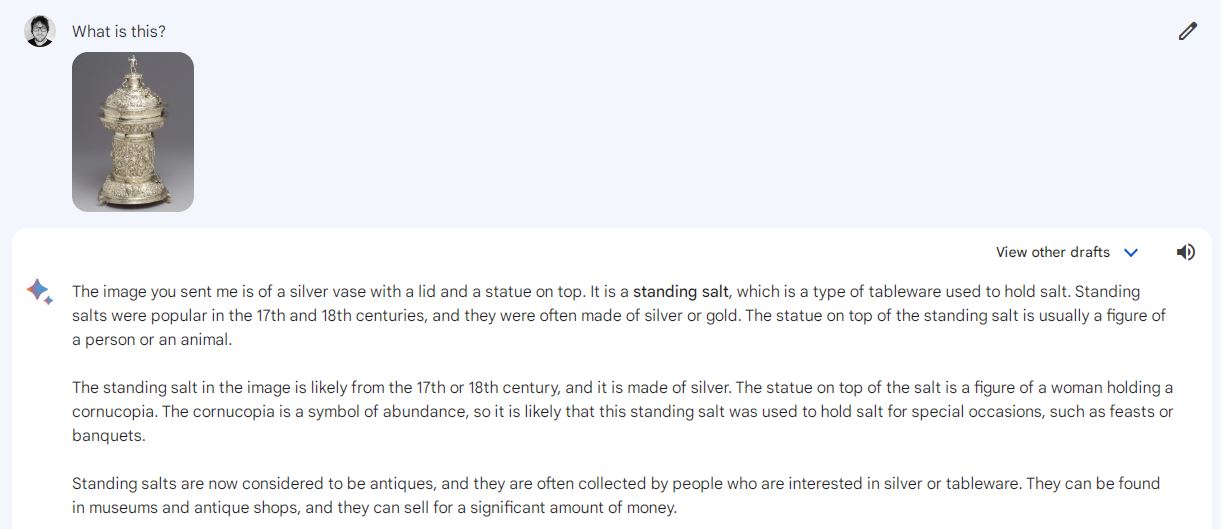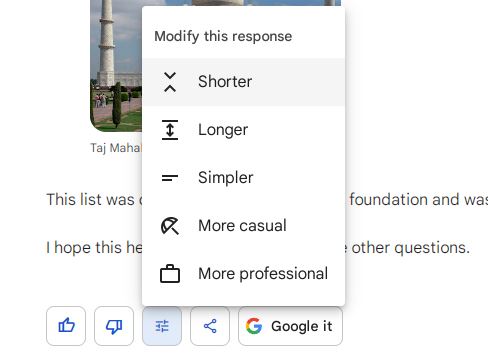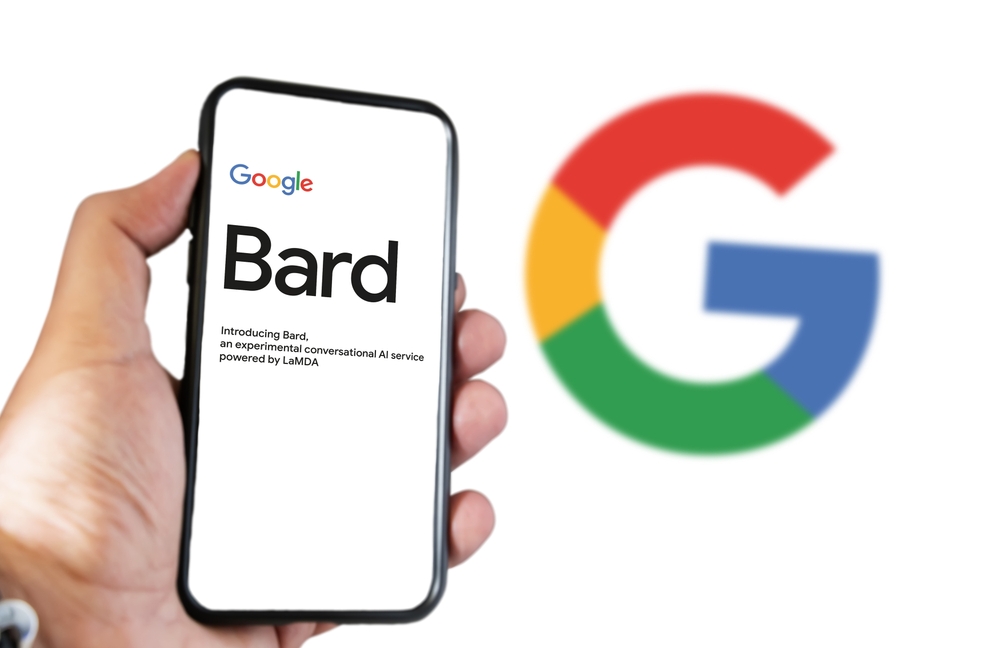Google has rolled out new features for Bard and enabled access in Europe and Brazil.
Google’s AI system Bard now supports over 40 languages, including, but not limited to, Arabic, Chinese (Simplified/Traditional), German, Hindi, and Spanish. It’s now available in all 27 European Union (EU) countries and Brazil.
Bard has also integrated Google Lens into the context window, enabling users to upload images to collect information or create captions. It works well and could be helpful if you can’t identify an image on your PC, for example.

As of late May, Bard also returns images in its answers, so it’s become quite the visual toolbox. Will image generation be next?
Additionally, Bard has introduced text-to-speech capabilities in over 40 languages, so you can listen to its outputs. Google also added options to pin, rename, and organize conversations, a feature conspicuously lacking in previous versions.
To bring Bard in line with ChatGPT, Google has simplified collaboration by enabling users to share their Bard chats. And it doesn’t stop there – Bard has introduced 5 new options that allow users to modify responses to be simpler, longer, shorter, more professional, or more casual.

Finally, Bard continues to expand its code export capabilities. Users can now export Python code to Replit in addition to Google Colab. In June, Google boosted Bard’s math and coding abilities through “implicit code execution.”
When Bard detects a computational or math-related prompt, it runs logical code in the background to solve the problem rather than relying on its LLM. This vastly boosts its coding skills compared to similar public LLMs like ChatGPT.
Bard vs ChatGPT
Bard’s new war chest of skills will see it go toe-to-toe with ChatGPT, but which is better?
It depends…yes, it’s a cop-out answer, but these AIs are tough to separate.
However, Bard is undoubtedly the more feature-packed tool for now, while OpenAI seems to be content resting on its laurels after releasing the GPT-4 model.
While OpenAI released various plugins for their premium subscribers, they recently deactivated the web browsing tool after realizing users were exploiting it to access paywalled material.





